Complete your selection
Potassium bicarbonate or potassium hydrogenocarbonate (KHCO3) plays an essential role in regulating acid-base balance. A supplement can restore blood pH within a relatively short time (just two to three weeks) and prevent the loss of dry mass from bones and muscles.
What is Potassium?
Potassium is a mineral which plays an essential role in the body. Located in cells in the form of the potassium cation K+, it is primarily involved in the regulation of cardiac function, neuromuscular excitation and acid-base balance.
Potassium is not naturally present in the body and must therefore be obtained from the diet. Foods rich in potassium include fruits and vegetables such as spinach, squash and bananas. Other forms of potassium such as potassium bicarbonate are available in dietary supplement form, available to buy at Supersmart in vegetarian capsules.
Why is it important to supplement with Potassium Bicarbonate?
For several decades, scientists have been exploring a line of enquiry that may explain the rise in certain ‘modern' diseases linked to diet: acid-base balance. For the body to function properly, it must maintain a balanced pH - neither too high (too acid) nor too low (too alkaline) - ensuring a ‘basic' ie, slightly alkaline, arterial ph, between 7.34 and 7.45.
Acid-base balance largely depends on the ‘acidifying' or ‘alkalinising' elements of the diet. Acidifying foods such as cereals and protein (especially animal protein) provide amino acids which contain sulphur and/or phosphorus, and salt provides chloride ions. These three minerals contribute to the body's net systemic acid load. Alkalinising foods such as fruit and vegetables (root and tuberous) provide alkaline potassium salts.
Until the end of the Paleolithic period, our prehistoric ancestors had a highly alkaline diet, due to its very high potassium salt content (two to three times more than in today's diets) which easily neutralized the acids produced by dietary metabolism. Modern diets, however, with their excessive meat, cheese and salt-enhanced cereal content, are leaving our bodies awash with chronic acidosis. This acidosis predisposes the body to:
- Muscle loss;
- Cardiovascular problems (high blood pressure, strokes, heart attacks);
- Kidney stones (crystallisation of uric acid);
- Osteoporosis and joint problems - because if the diet is too acid, the body draws on bone tissue to provide the calcium bicarbonate it needs to neutralise this acid load; bone density thus decreases and bones become fragile.
Supplementation may therefore be necessary when the diet is too rich in animal protein (meat, fish, eggs or dairy products) and also to prevent the development of kidney stones and uric acid crystallisation that accompany age-related decreases in kidney function. Sportspeople can also benefit from supplementation since they consume higher than average amounts of protein and produce more lactic acid.
Buy Potassium Bicarbonate capsules to regulate acid-base balance.
What is in Potassium Bicarbonate
Any questions?
Our team of nutrition experts and scientists has the answers.
- An American study that monitored 45,000 health professionals over eight years showed that stroke risk is associated with daily potassium intake, this risk decreasing by 38% when potassium intake increased from 2.39g to 4.29g.
- The recommended average daily dose is around 2g, spread between the two main meals of the day, to help reduce osteoporosis and joint problems, cardiovascular problems (high blood pressure, strokes, heart attacks), age-related muscle loss, (uric-type) kidney stones.
- One study of 18 menopausal women over three weeks revealed the benefits of potassium bicarbonate supplementation on bone metabolism, demonstrating that it reduced bone resorption and increased bone formation, while decreasing urinary calcium excretion.
- Potassium also plays an essential role in the cardiovascular system. The US Food and Drug Administration (FDA) has recognized its health benefits for heart pump function and for lowering blood pressure.
- The Intersalt study, investigating 10,000 participants in 52 populations across 32 countries, clearly demonstrated the protective effects against high blood pressure of a higher potassium intake. An increase in daily potassium intake from 1.17g to 1.35g was associated with a reduction in systolic pressure of 2-3mm Hg.
- The famous DASH diet (Dietary Approaches to Stop Hypertension) is characterised by higher fruit and vegetable consumption which also raises daily potassium intake, mainly in its bicarbonate form, from 1.44 to 2.77g. This was shown to lower systolic and diastolic blood pressure by 5.5mm and 3mm Hg respectively after eight weeks.
This product’s capsules are composed of HPMC (hydroxypropyl methylcellulose), a plant substance derived from cellulose. HPMC is widely used for medicines and dietary supplements. It contains no animal ingredients, is recognised as safe by health authorities and is considered more sustainable than synthetic alternatives.
january 9 2026
Best potassium supplement, I’ve come across .
december 12 2025
Très bon produit qui permet de maintenir dans mes analyses un bon rapport potassium/sodium.
Very good product that allows me to maintain a good potassium/sodium ratio in my analyses.
 see the translation
Translated by SuperSmart - see the original
see the translation
Translated by SuperSmart - see the original
october 20 2025
je cherchais une formule alcalinisante redisant sans calcium
I was looking for an alkalizing formula reducing without calcium
 see the translation
Translated by SuperSmart - see the original
see the translation
Translated by SuperSmart - see the original
october 20 2025
Prodotto molto buono, efficace e senza effetti collaterali. Lo consiglio!
Very good product, effective and without side effects. I recommend it!
 see the translation
Translated by SuperSmart - see the original
see the translation
Translated by SuperSmart - see the original
february 16 2025
je n'ai pas eu assez de temps pour l'évaluer
I didn't have enough time to evaluate it.
 see the translation
Translated by SuperSmart - see the original
see the translation
Translated by SuperSmart - see the original
Need help?
You may also like
of experience
your money back
##montant## purchase

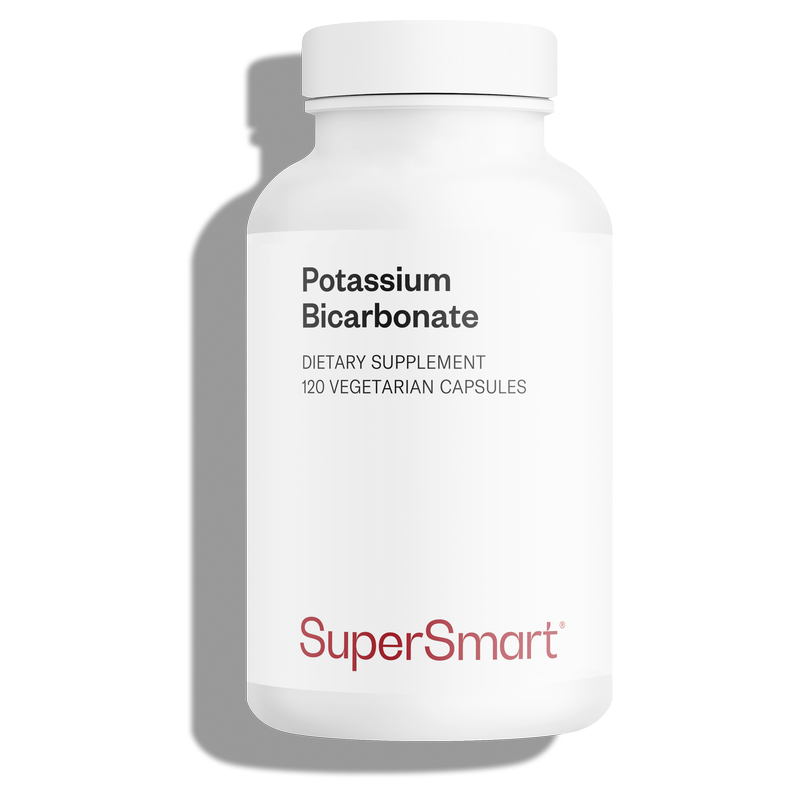
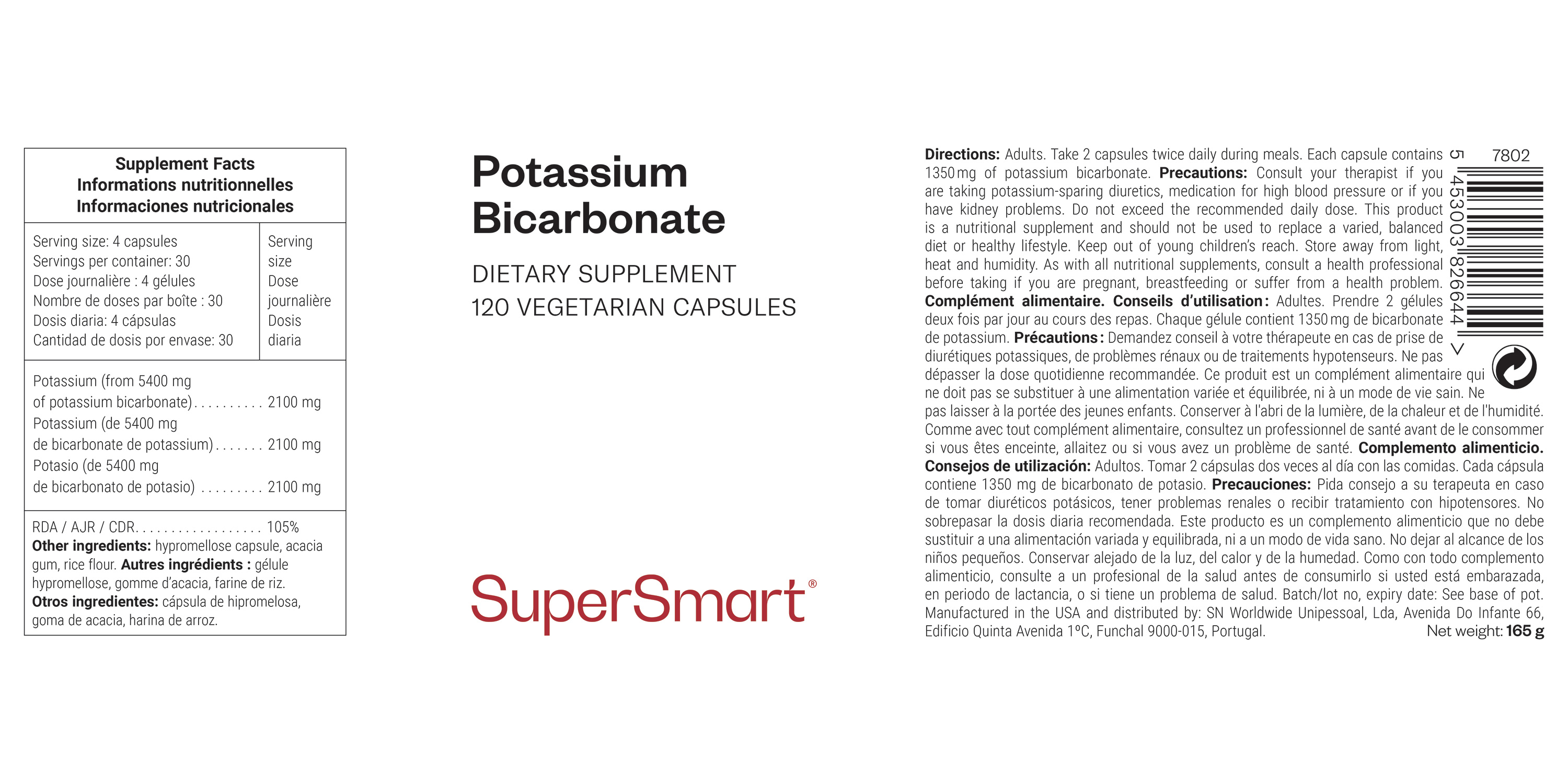
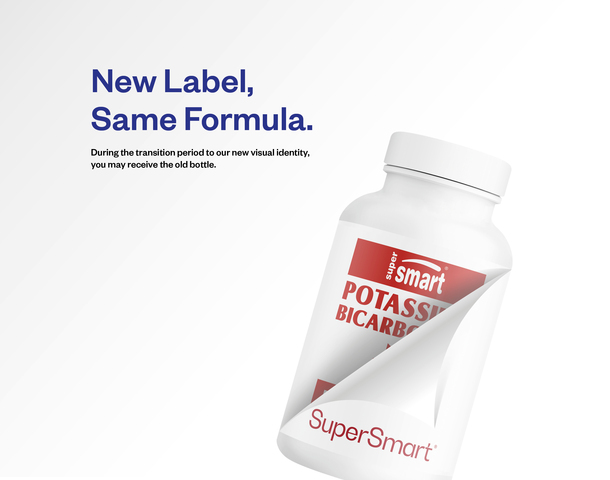
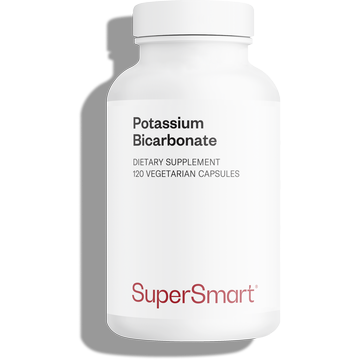
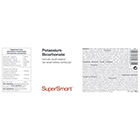


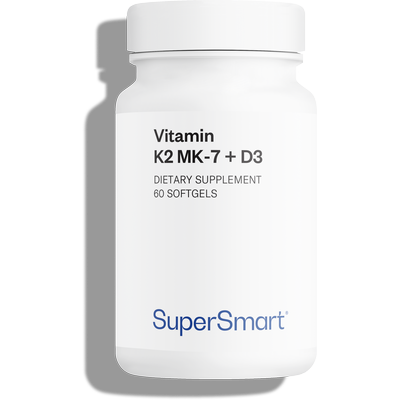
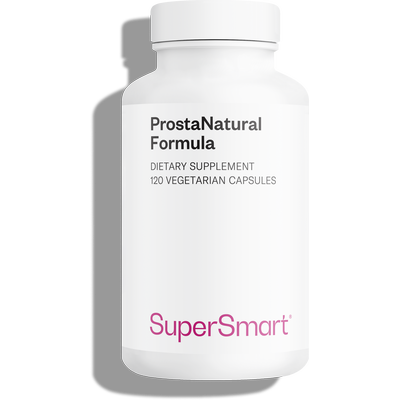
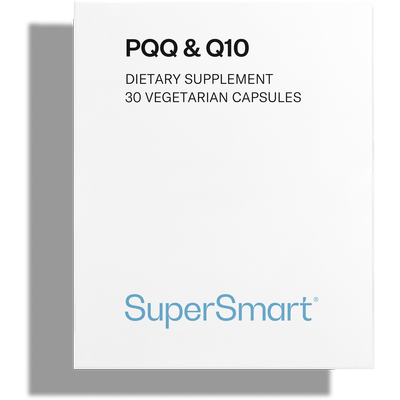
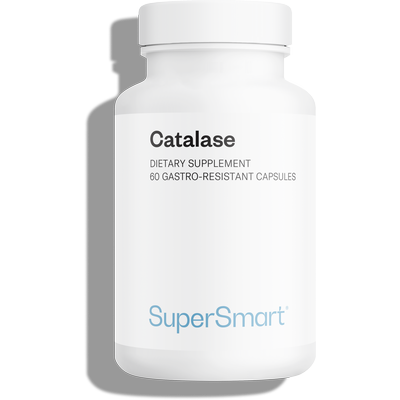
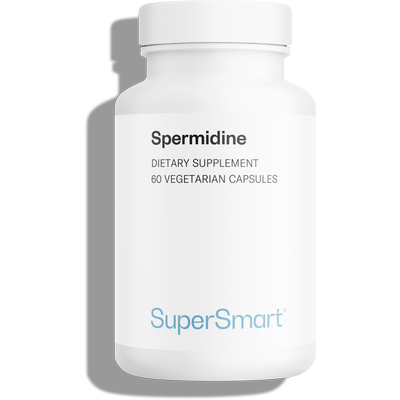
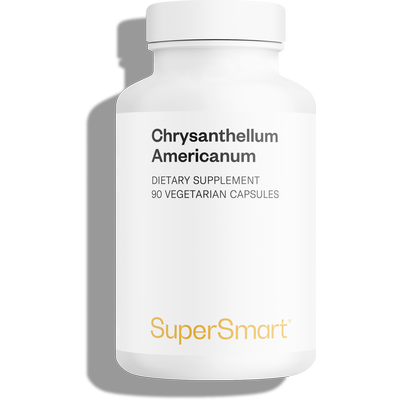
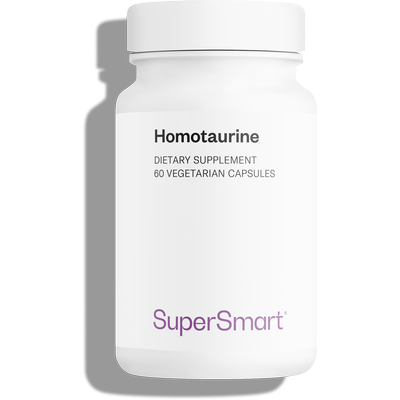
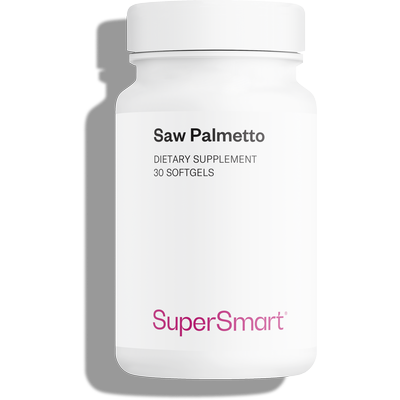
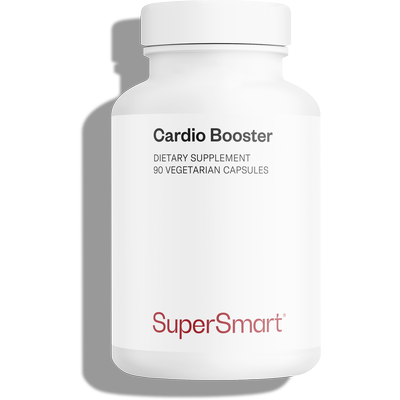
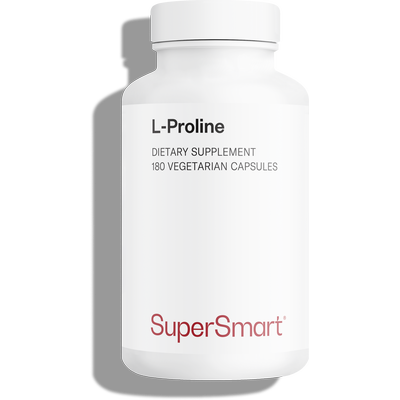
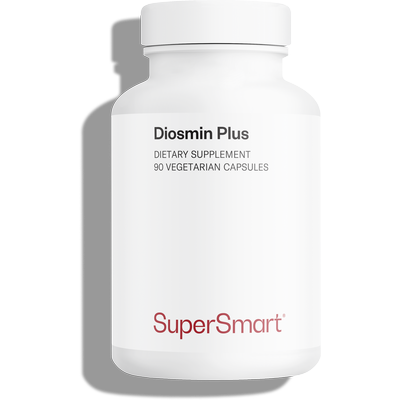
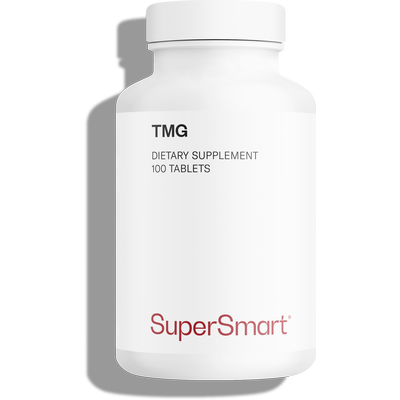
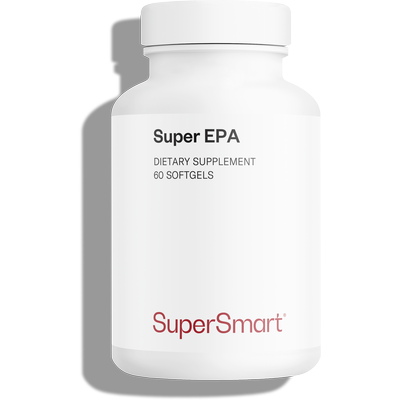
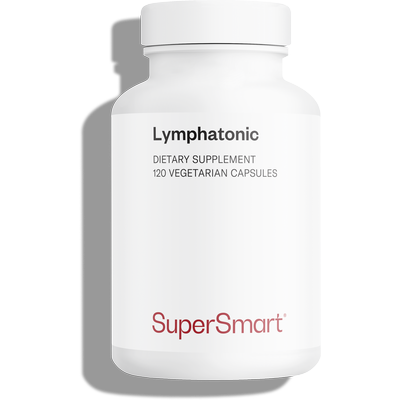
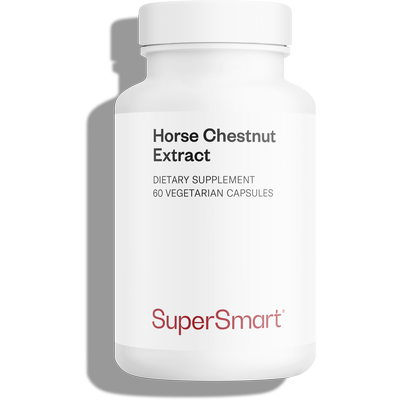
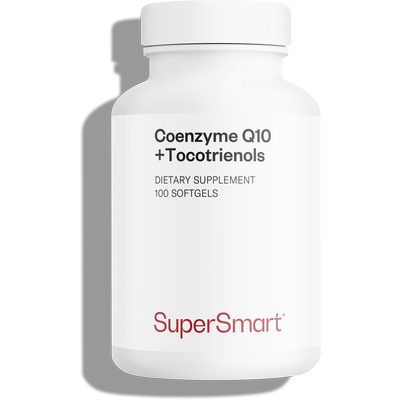

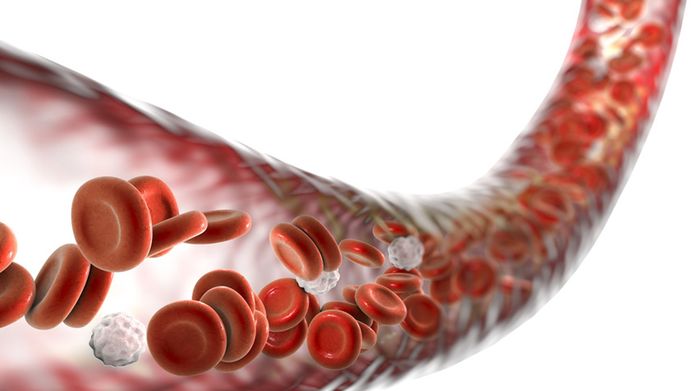
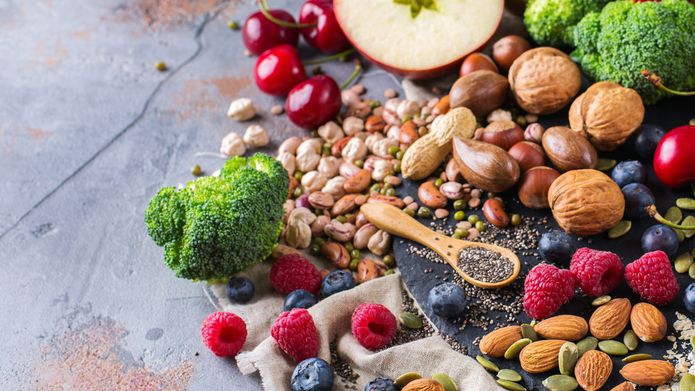
Bonjour,
Merci pour votre retour concernant notre complément Potassium Bicarbonate. Nous sommes désolés d'apprendre que vous avez rencontré des problèmes de qualité avec nos gélules lors de vos dernières livraisons.
Nous prenons très au sérieux les retours de nos clients et souhaitons vous assurer que ce genre de problème doit être signalé directement à notre service clientèle. Cela nous permettra de mener une enquête approfondie et de trouver une solution appropriée.
Nous vous invitons à contacter notre service clientèle par téléphone au 00352 283 831 29 ou par email à info@supersmart.com. Nous nous engageons à traiter votre demande rapidement et à résoudre ce problème de manière satisfaisante.
Merci de votre compréhension et de votre coopération.
Cordialement,
Gaëlle - Supersmart